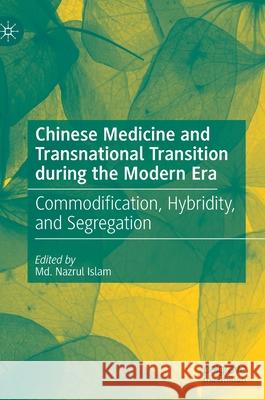Chinese Medicine and Transnational Transition During the Modern Era: Commodification, Hybridity, and Segregation » książka
topmenu
Chinese Medicine and Transnational Transition During the Modern Era: Commodification, Hybridity, and Segregation
ISBN-13: 9789811599484 / Angielski / Twarda / 2021 / 222 str.
Chinese Medicine and Transnational Transition During the Modern Era: Commodification, Hybridity, and Segregation
ISBN-13: 9789811599484 / Angielski / Twarda / 2021 / 222 str.
cena 563,56
(netto: 536,72 VAT: 5%)
Najniższa cena z 30 dni: 539,74
(netto: 536,72 VAT: 5%)
Najniższa cena z 30 dni: 539,74
Termin realizacji zamówienia:
ok. 16-18 dni roboczych.
ok. 16-18 dni roboczych.
Darmowa dostawa!
Kategorie BISAC:
Wydawca:
Palgrave MacMillan
Język:
Angielski
ISBN-13:
9789811599484
Rok wydania:
2021
Wydanie:
2021
Ilość stron:
222
Waga:
0.44 kg
Wymiary:
21.01 x 14.81 x 1.6
Oprawa:
Twarda
Wolumenów:
01
Dodatkowe informacje:
Wydanie ilustrowane











